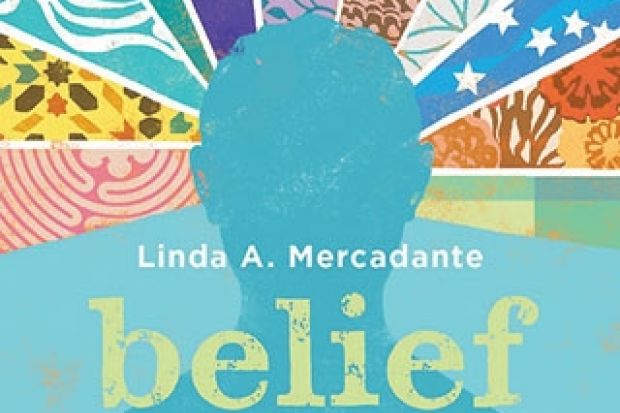People often say they are “spiritual but not religious”. We see them either as enlightened freethinkers or fuzzy fence-sitters, depending on our point of view. Although sociologists of religion have spent time studying Christians and New Age practitioners, we don’t know much about the group that Linda Mercadante calls SBNRs.
A minister in the Presbyterian Church (USA), Mercadante’s fascination with this group stems partly from her mixed religious heritage: born to Jewish and Italian parents, she embraced Roman Catholicism, alternative spiritualities and evangelical Christianity before settling in mainline Protestantism.
Here, she sets out, via interviews with about 100 Americans – two-thirds women, mostly baby boomers (born 1946-64) and Generation Xers (born 1965-81) – to discover what SBNRs believe. She explores their thoughts on transcendence, human nature, community and afterlife and finds that they don’t believe in an interventionist or personal God (if “God” exists, they think God is part of creation, not separate from it). As for human nature, they don’t see themselves as sinners needing salvation, but as “inherently good” selves needing freedom and choice so that their “purity, even divinity” can shine.
This focus on the self affects their view of community. “Many interviewees did much more than just ‘question authority’,” Mercadante says. “Instead, they relocated it within, relativized it to each person, and detached it from any particular spirituality community.” Some belonged to recovery groups such as Alcoholics Anonymous, but none had a longstanding affiliation with a spiritual community. This makes it hard for them to sustain shared group beliefs or behaviour, and Mercadante thinks it impedes their ability to benefit society.
On life after death, SBNRs share ground with Hindu beliefs, reflecting what Colin Campbell calls “the Easternization of the West”. Most believe in reincarnation and “karma, endless opportunities, inevitable progress, expanding consciousness, and the very American ideal of free will and personal choice”. Their optimism is clear: reincarnations will be better, not worse, than their previous life. Actions have consequences, but only positive ones.
Belief without Borders deals with tricky conceptual territory: are spirituality and religion distinct, as SBNRs claim, or different words for the same phenomenon? Mercadante sees this group as part of the “nones”, the religiously unaffiliated, whose numbers have tripled since 1990 to a fifth of the US population.
A theological standpoint frames the book, for Mercadante is concerned about what this means for the church. Although gracious in her critique, she pulls no punches: SBNRs think theologically, but haltingly. Their beliefs have something to teach the church (for instance, care for the Earth), “but are they enough?” she asks. Without a structured system of believing and belonging, it will be hard for SBNRs to pass their beliefs to a new generation or help meet society’s social welfare needs (as faith-based organisations have long done).
A feminist interpretation might see this group more positively. In encouraging selflessness and service of others, the Christian church has bred self-abnegation in women. If spirituality outside religion encourages them to focus on their own spiritual needs, maybe it’s a good thing.
Whether or not Mercadante’s readers endorse her theological critique, this fascinating book offers an investigation of American SBNRs’ beliefs that is important and timely, a gift to scholars and practitioners of religion, spirituality and non-religion.
Belief without Borders: Inside the Minds of the Spiritual but not Religious
By Linda A. Mercadante
Oxford University Press, 352pp, £19.99
ISBN 9780199931002
Published 3 April 2014
Register to continue
Why register?
- Registration is free and only takes a moment
- Once registered, you can read 3 articles a month
- Sign up for our newsletter
Subscribe
Or subscribe for unlimited access to:
- Unlimited access to news, views, insights & reviews
- Digital editions
- Digital access to THE’s university and college rankings analysis
Already registered or a current subscriber? Login





